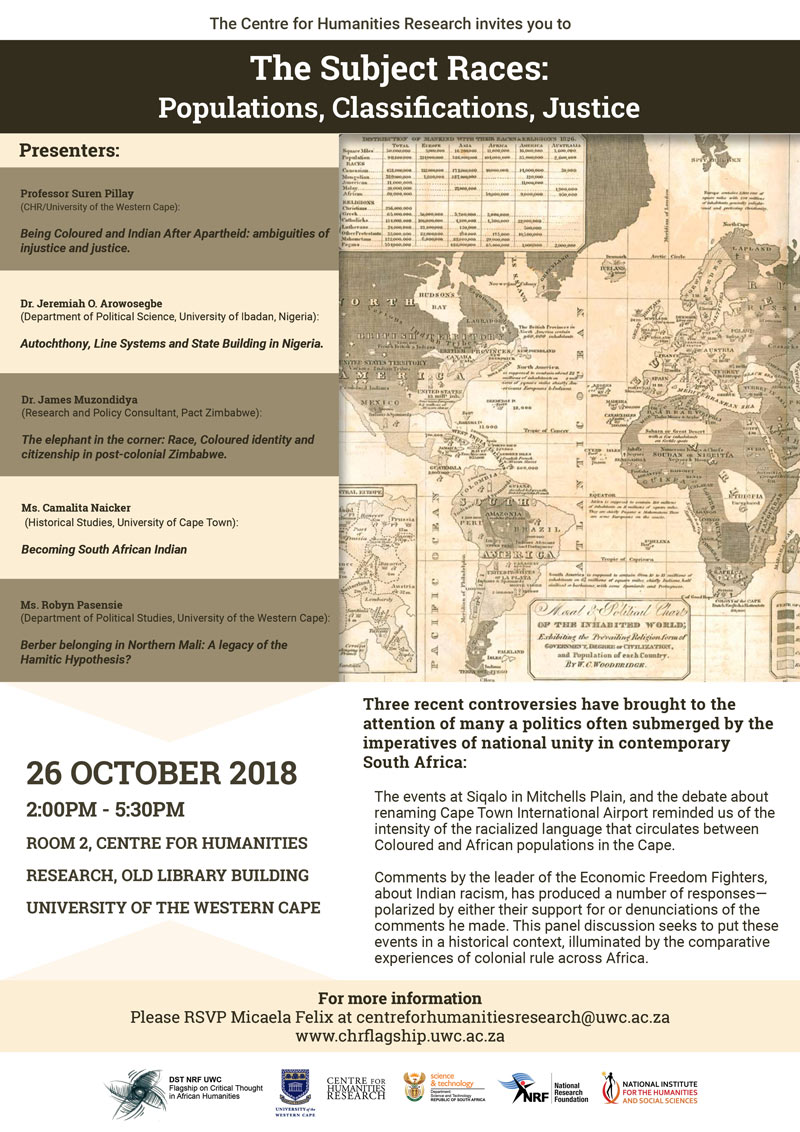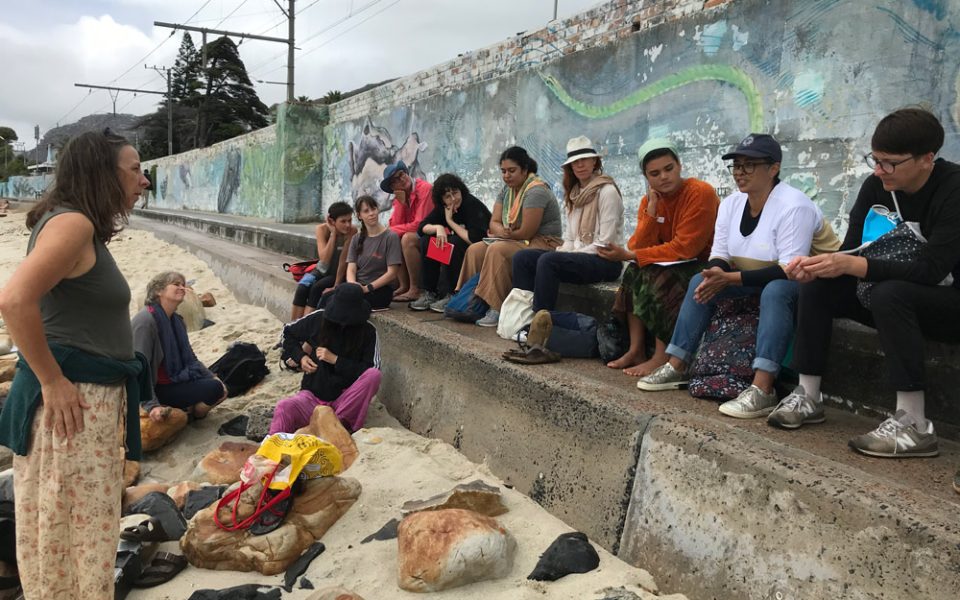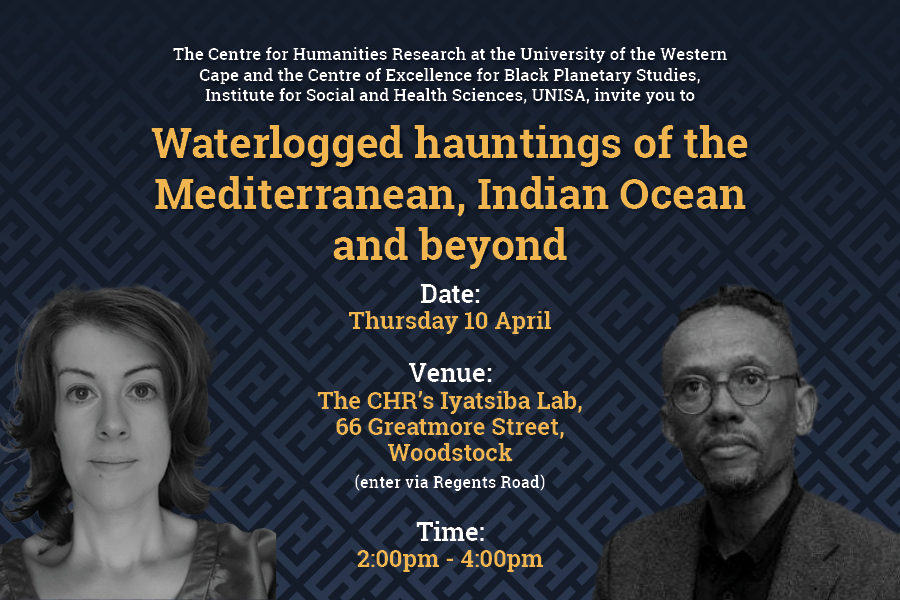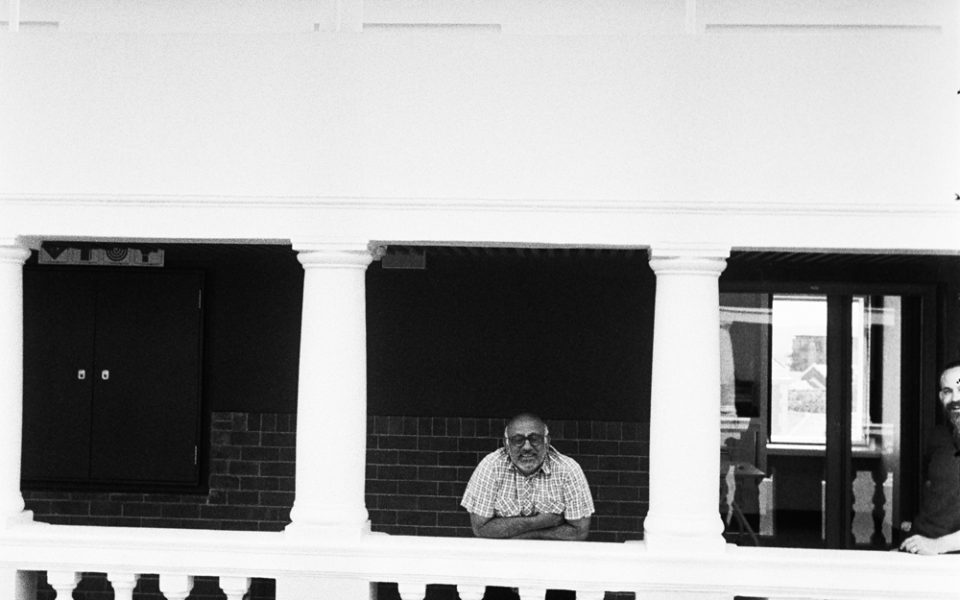The Subject Races: Populations, Classifications, Justice
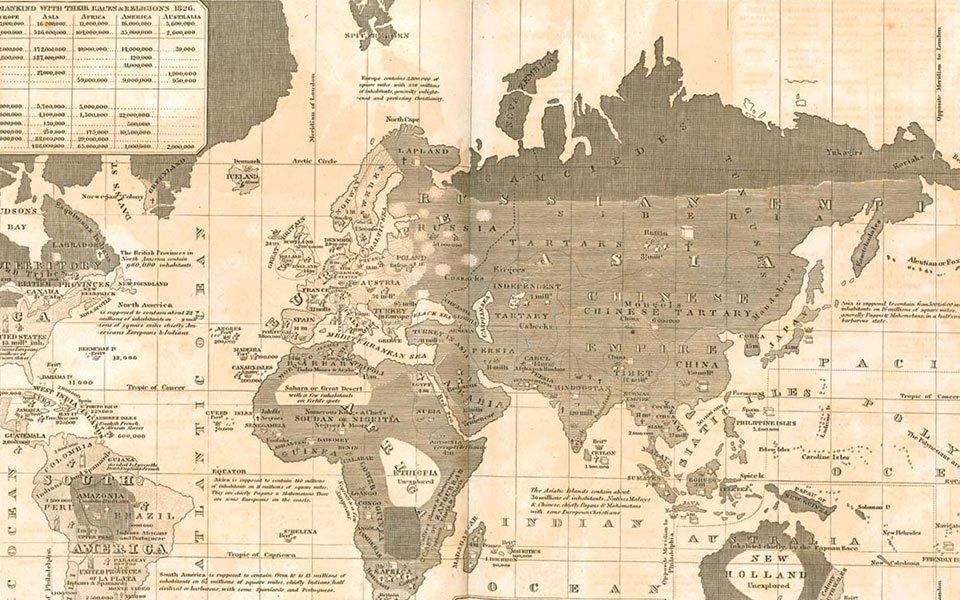
The Centre for Humanities Research invites you to
The Subject Races:
Populations, Classifications, Justice
Date: 26 October 2018
Time: 2:00pm – 5:30pm
Venue: Room 2, Centre for Humanities Research, Old Library Building
University of the Western Cape
Presenters:
(CHR/University of the Western Cape):
Being Coloured and Indian After Apartheid: ambiguities of injustice and justice.
Dr. Jeremiah O. Arowosegbe
(Department of Political Science, University of Ibadan, Nigeria):
Autochthony, Line Systems and State Building in Nigeria.
Dr. James Muzondidya
(Research and Policy Consultant, Pact Zimbabwe):
The elephant in the corner: Race, Coloured identity and citizenship in post-colonial Zimbabwe.
Ms. Camalita Naicker
(Historical Studies, University of Cape Town):
Becoming South African Indian.
Ms. Robyn Pasensie
(Department of Political Studies, University of the Western Cape)
Berber belonging in Northern Mali: A legacy of the Hamitic Hypothesis
Three recent controversies have brought to the attention of many a politics often submerged by the imperatives of national unity in contemporary South Africa: the events at Siqalo in Mitchells Plain, and the debate about renaming Cape Town International Airport reminded us of the intensity of the racialized language that circulates between Coloured and African populations in the Cape. And recent comments by the leader of the Economic Freedom Fighters, about Indian racism, has produced a number of responses polarized by either their support for or denunciations of the comments he made.
The responses to all three events so far tends to be divided along the lines of one group—among them former activists, well known journalists and bloggers, and educated elites denouncing the politics that might be explicit or laying in wait in references to being ‘Coloured’ or Indian. For this group, the references to Coloured or the new incarnation of ‘first nations’ or ‘Khoi’ conceals a racism toward Africans at best, and at worst are identities being instrumentally mobilized by charlatans, chauvinists and political entrepreneurs masking opportunistic interest in the language of justice. On the other hand, a more ‘popular’ view, considers these expressions as the articulations of legitimate political problems, i.e., that Coloured populations are being marginalized in postapartheid South Africa, or alternatively, that Coloured is an identity that should be replaced by more affirming cultural self-descriptions, such as Khoi or Griqua. And in the case of the Indian question, a popular view that insists that there is more than a large breyani pot of truth to the claim that Indians are racist toward Africans. The aim of the workshop is not necessarily to argue for, nor refute any one side of these responses but to put them in a historical context so that we illuminate where they come from.
The workshop is therefore interested in how we might think, conceptually, historically, politically, about the figure of the subject races across these African experiences. It illuminates conceptions of citizenship and justice as they manifest in the postcolonial present. And it inflects how we think of the form, organization and content of political subjectivity and political community, in both its past and future
imaginaries.
For more information
Please RSVP Micaela Felix at centreforhumanitiesresearch@uwc.ac.za


